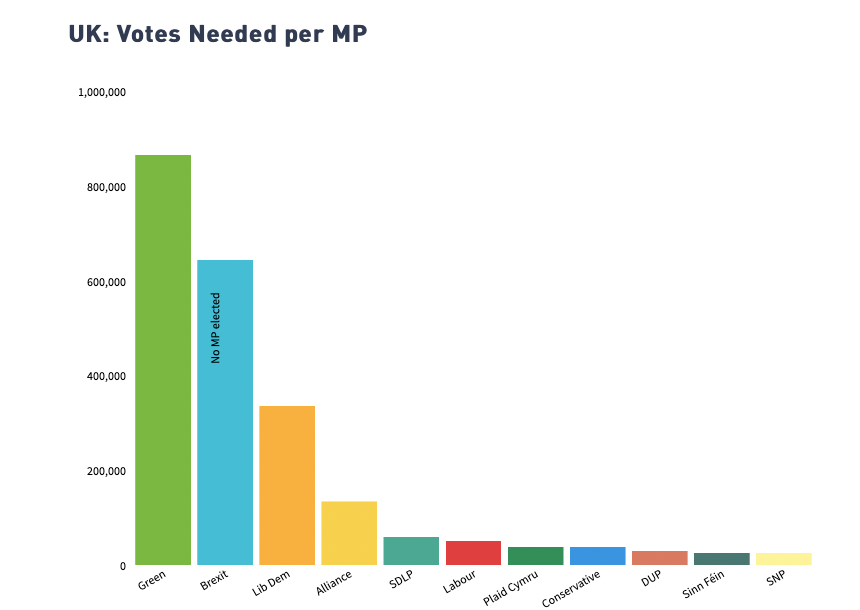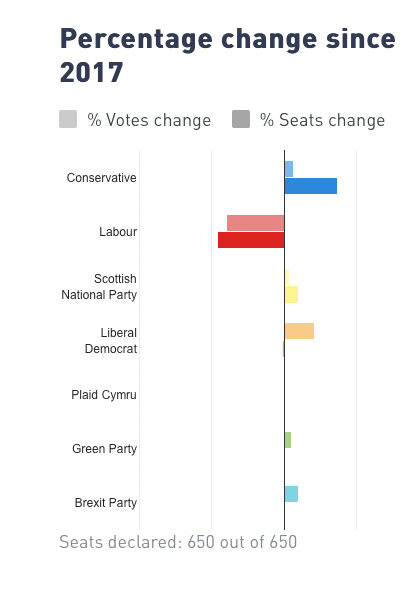Talking points: UK election

I will be achieving a life goal this evening - playing a small role in RTE's coverage of the UK election count. I'm sharing some talking points I may get to share and am very interested in feedback - you can comment on this post, or as always DM me on Twitter (@LizCarolan) or email me at hello{at}LizCarolan.com
They want me to talk about disinformation and the digital campaign, but if I get the chance I have two more general points:
Tomorrow the real work starts
What a shock to the system it is going to be for Labour to (if the polls are right) start governing - tomorrow.
In a previous life I worked at a think tank in London, and one of the things we did was preparation for government work with Labour. That was 2014. At that point they had been out of Government for 4 years.
This is now a decade later. The lag has been long, but the UK system moves fast - if the polls are right, Keir Starmer will be meeting with the King in the morning, and will then - on very little sleep and at the end of a gruelling campaign - start appointing a cabinet. He will be briefed by No 10. He will be in charge, and so will his ministers - many of whom will sudden have thousands of civil servants watching their every move for a hint of what to do. This is despite the career trajectory of the average UK MP rarely involving managing more than 4 or 5 people.
It is easy to forget that there have been just 2 Labour Prime Ministers since the 1970s - Blair and Brown - and that in its 120 year history, just 4 Labour leaders have done what Starmer might do tomorrow - win an election from the opposition and transition a team into power.
Farage will cry fowl, and have a point
One thing I will be watching for is the relationship between vote share and seat count, and how the likes of Nigel Farage, as well as the Green Party, respond. I will spare you my rant on First Past the Post, but I will include this great chart by the UK Electoral Reform Society which shows how many votes a party got per seat that it secured in the 2019 UK general election:

And this chart - which shows the change in vote share from the 2017 UK GE to the 2019 UK GE - check out how the Lib Dems got more votes, but fewer seats. And also how the Boris Johnson "landslide", which gave him an outright majority of 80 seats, despite winning just 43% of the vote.

We can anticipate the Reform Party, successor to the Brexit Party, itself a successor to UKIP, crying foul tomorrow as they may well get a sizeable chunk of the vote, but have few if any seats to show for it. We may also anticipate the disappointment of Farage being used as a defence of the current electoral system, as it has been going back to the UKIP days and the failed 2011 AV referendum (anyone remember that?). But then again, Farage has never needed to actually win a seat in Westminster to change the course of British politics. Why win when you can just drag the most successful political party in UK history over to your side?